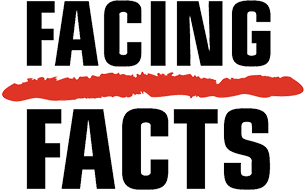MAPPING REPORT 2013 ON NGOS MONITORING WORK
22/04/2013
In order to understand the extent to which data is collected by state actors and Civil Society Organisations (CSOs), research needed to be done on the matter. This was the basis behind the Data Mapping activity which commenced in March 2011 and ended in November 2012.
The purpose of this activity was to classify different methodologies, identify the best practices, and create a set of standardized guidelines for future use by state actors and CSOs. The Data Mapping activity consisted of a questionnaire further discussed in the “Mapping Survey”.
The results of this survey were collected into a Mapping Report. Collecting data, analysing it and reporting on hate crime can provide communities and Civil Society Organisations (CSOs) with a powerful tool with which to present their concerns to government, law enforcement, media and others. Credible data provides the facts needed to advocate for improved public policies which, in turn, both act to prevent and to combat hate crime and provide services which respond to the needs of victims of hate crime and hate-motivated incidents. Today across Europe there are huge differences in how data is collected, verified and how CSOs report on hate crime. The diversity of approaches and methodologies is rich but challenging at the same time. This is especially true when trends across countries need to be compared.
Author: Facing Facts



 Facing Facts is co-funded by the Citizens, Equality, Rights and Values Programme
Facing Facts is co-funded by the Citizens, Equality, Rights and Values Programme